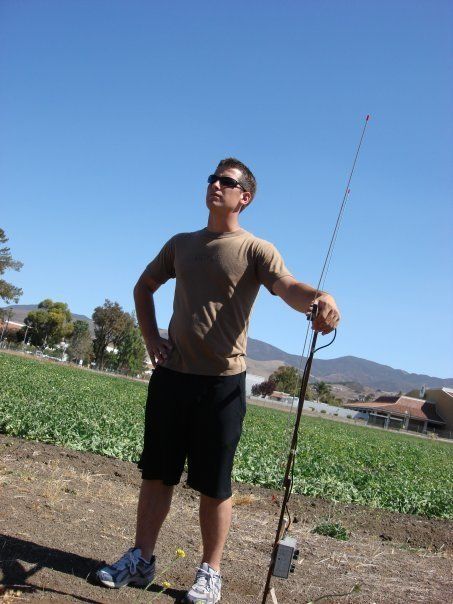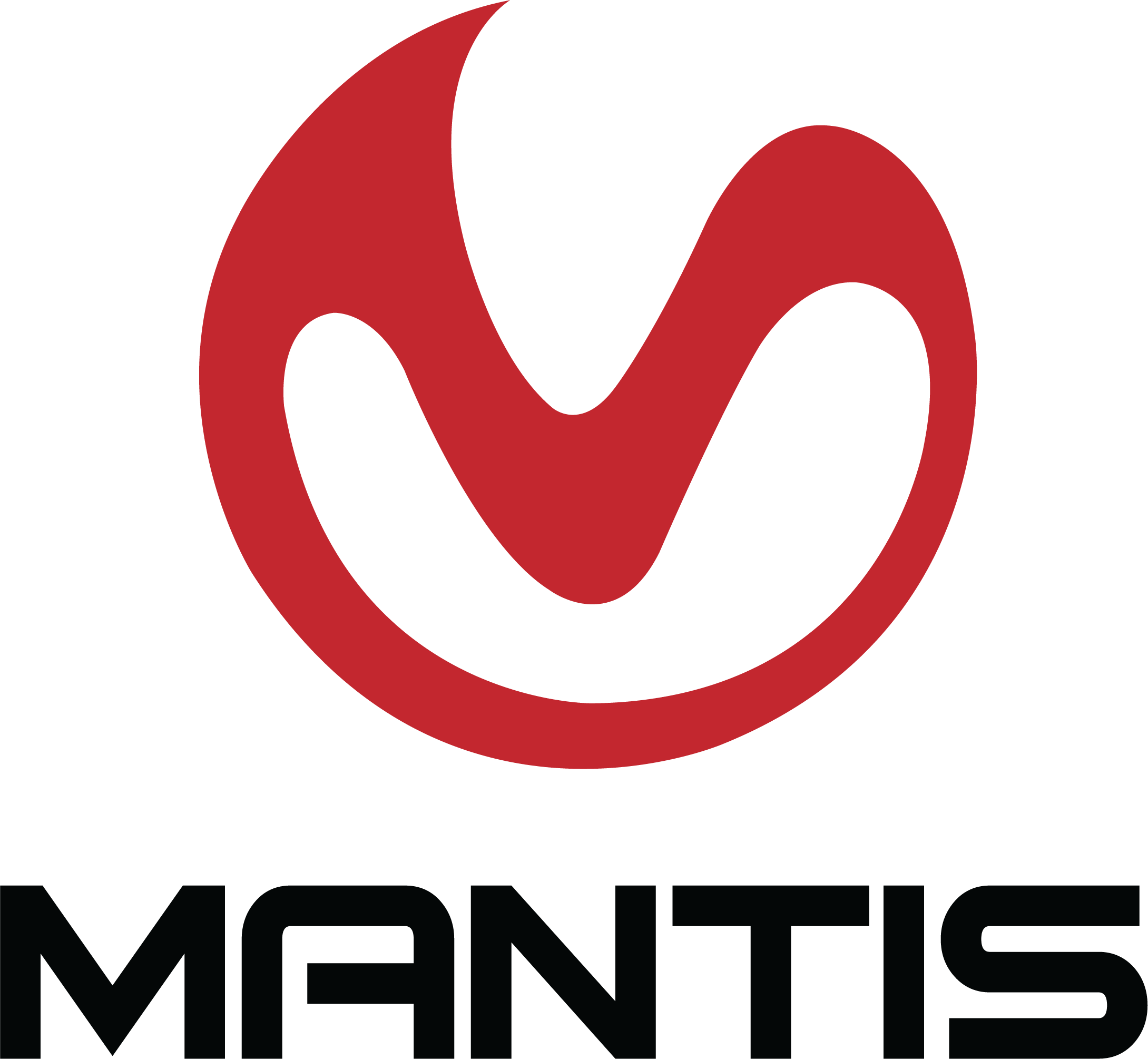FAST TRANSIENTS
THE TACTICAL TANGENTS BULLETINGROUP DYNAMICS
Have you ever gone to a class or started a new job, and noticed that it takes some time before people begin to talk to each other? Understanding group dynamics is important for anyone in a leadership role. A useful way to examine group dynamics are the Tuckman Stages of Group Development. The stages are Forming, Storming, Norming, Performing, and Adjourning.
Forming. People are polite and watchful. We are making guesses about who seems legit, who’s like us and who isn’t, and how squared away the staff and facilities are. Conflict is suppressed.
Storming. We position ourselves in the social hierarchy within the group, both formally and informally. Generally, this stage is where we figure out who “That Guy” is, who are the talkative ones, the smart ones, and the ones who ask a lot of questions and will probably make us late for our lunch break. Cliques start to form, we find common ground with the people around us, and we identify who we want to hang out with and seek acceptance from.
Norming. Once the hierarchy starts to become established and our roles are defined, we set norms within the group. We figure out what will be tolerated and how we resolve conflicts. Quiet members participate more. Precarious issues are addressed.
Performing. With all of that out of the way, the group starts to reach its potential for whatever it is we set out to do. Groups form out of some similar objective or purpose, and once we have settled into our roles and broken through the barriers to communicate and resolve problems that come up, we find our rhythm and identity.
Adjourning. Teams have common goals and objectives, and don’t usually last forever. At some point, we go our separate ways. Keeping the end in mind is important as a member of a group.
Every group goes through these stages. Be aware of those social and cultural norms because they will shape the future effectiveness of the group. Create an environment where people will be able to advance through those first two stages and reach the norming and performing phases, because that’s where learning and mission accomplishment occurs. If you are a teacher or instructor, push through these stages in your classes to drive discussion and engagement. Remember that teamwork isn’t about being the most popular or carrying all the weight, it’s about doing your part and finding synergy—a combined effect of the team that is greater than sum of each individual’s effort. How can your team do this better?

Mike Doyle
Founder
Mike is a full-time police officer and tactical medic. He currently works as a K9 handler, SWAT team member, and Police Trainer. Mike started Tactical Tangents as part of his fundamental purpose to save lives. His goal is to enhance the survival of police officers and concerned citizens by helping them become better, smarter, faster, and more efficient. His opinions are for informational purposes only and do not reflect those of his employer or any other government agency.
Check out the Mantis for Data-Driven performance in your shooting. Attach to your firearm and a bluetooth device gives you shot-by-shot analysis in both live and dry-fire. www.mantisx.com
LATEST EPISODE
On Valor, Courage, and Bravery. Check it out!
Subscribe for new episodes on the 1st and 15th each month. www.tacticaltangents.com/podcast


0 Comments